Beijing's Quantum Satellite Another "First" in the 21st Century Space Race
【Summary】China’s most recent “Great Leap Forward” was actually a “Quantum Leap.” Rising towards the heavens from one of its elite space facilities in the Gobi Desert, Beijing used a Long March-2D rocket to put into orbit the world’s first quantum-communications satellite.
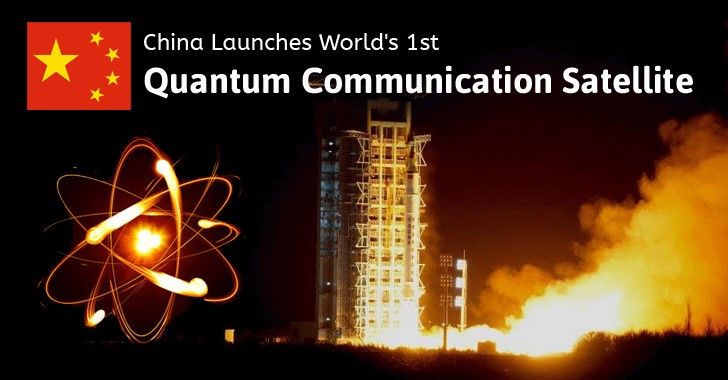
By Anthony C. LoBaido
China's most recent "Great Leap Forward" was actually a "Quantum Leap." Rising towards the heavens from one of its elite space facilities in the Gobi Desert, Beijing used a Long March-2D rocket to put into orbit the world's first quantum-communications satellite. This will have global implications for the world of quantum physics, secure communications, the ability to evade the NSA, (it is truly "hack proof") as well as prestige for China as a cutting-edge leader in 21st Century space technology.
According to the Wall Street Journal:
"China launched 'Micius', said to be the world's first quantum satellite, early Tuesday. The encryption technology it carries could put Beijing far ahead of its rivals in the global race for hack-proof communication. It is expected to propel China to the forefront of one of science's most challenging fields. It also is set to launch Beijing far ahead of its global rivals."
In 1957 Americans trembled at the sound of Sputnik, the world's first satellite. Sputnik was put into orbit by the former USSR. In 2016, China's launch of a quantum satellite is sure to raise eyebrows and ruffle feathers for nations who covet such a satellite for themselves. The Emmy Award-winning TV series "The X-Files" once noted that "the safest country is no longer the one with the bravest soldiers … it's the country with the best scientists."
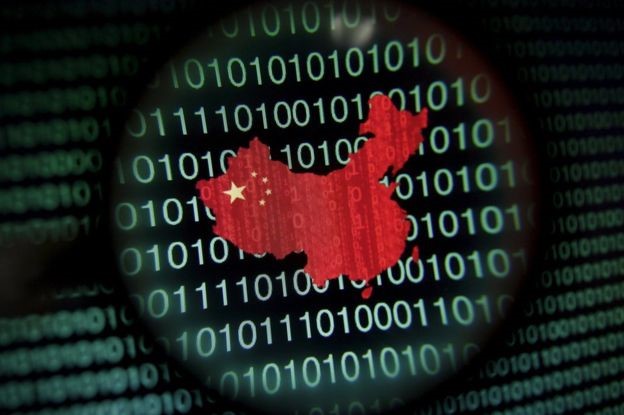
China's program related to the aforementioned launch is the "Quantum Experiments at Space Scale" or "QUESS."
According to Space.com:
"In its two-year mission, QUESS is designed to establish 'hack-proof' quantum communications by transmitting uncrackable keys from space to the ground, and provide insights into the strangest phenomenon in quantum physics — quantum entanglement," China's state-run Xinhua news agency reported. X
"'Entangled' particles are intimately and curiously linked to each other; even if they're separated by billions of miles of space; a change in one somehow affects the others. QUESS will send messages to ground stations using entangled photons, Xinhua reported. Such a system is theoretically impossible to hack. In addition, any attempts to eavesdrop would be picked up via an induced change in the photons' state."
Of course a plethora of nations are working to make quantum communications a reality – and this research has been going on for several decades. That said, "China is the first to launch a satellite dedicated to developing the technology."
"The 1,320-lb. (600 kilograms) QUESS satellite is designed to circle Earth at an altitude of about 310 miles (500 kilometers), completing one lap every 90 minutes, Xinhua reported.
"QUESS will also test out 'quantum teleportation,' beaming precise information about the states of particles from the satellite to a ground station in Tibet, according to the news agency.
"The satellite is nicknamed 'Micius,' after a Chinese scientist who conducted groundbreaking optical experiments in the 5th century B.C.
"''Just like [NASA's] Galileo [Jupiter probe] and Kepler [space] telescope, we used the name of a famous scholar for our first quantum satellite,' said QUESS project chief scientist Pan Jianwei, according to Xinhua. 'We hope this will promote and boost confidence in Chinese culture.'"
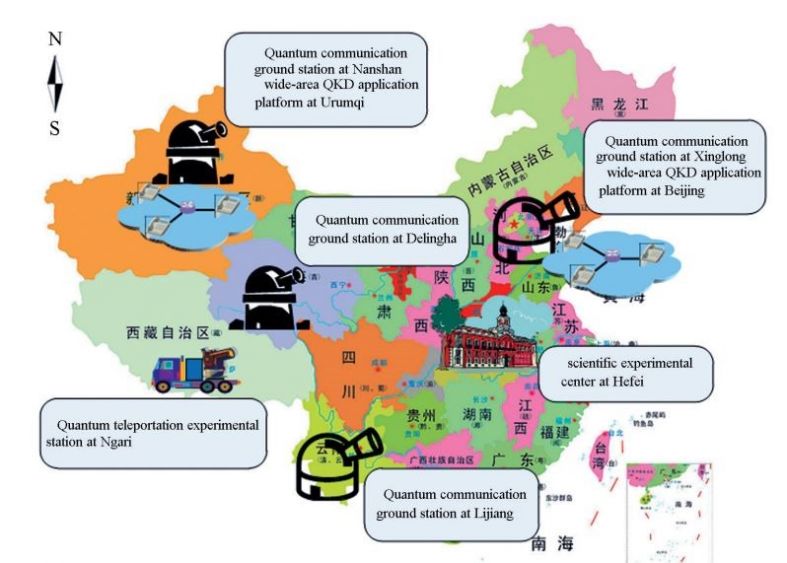
-


What will a Trump Presidency mean for self-driving cars?
-


Driverless Cars – an anti-social future in the making?
-

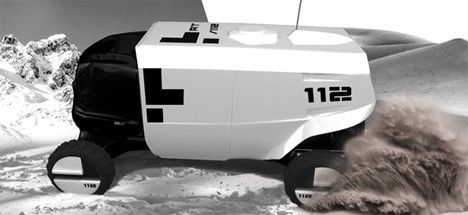
Ambulance + Tank =’s a new generation of emergency vehicle technology
-


The Israeli Army’s new autonomous vehicle – a look at the battlefield of tomorrow
-

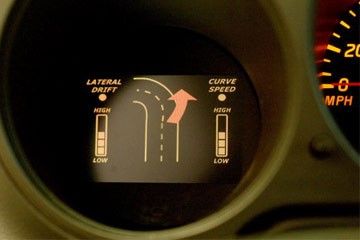
Top 10 Newfangled Car Safety Technologies
-


The Fall Leaves of Yosemite – Celebrating 100 Years of U.S. National Parks
-


Stephen Hawking, Robotics and Our “Dangerous Point in Human History”
-


Do auto manufacturers or tech companies file the most patents?
- Managing the Transition to Self Driving Cars
- Rabban Bar Sauma’s trek from China to Rome a key to world history (Part II)
- Nikola Tesla: The Untold Story of "The Man Who Invented the 20th Century”
- “Data is the New Oil” - The Alpha, Beta and Omega of Postmodern Wealth Creation - Part I
- Information Overload – How Much is too Much?
- “Data is the New Oil” - The Alpha, Beta and Omega of Postmodern Wealth Creation - Part II
- The Lost Legion of Crassus
- XPeng Motors Valued at Over $8.4 Billion Files for U.S. IPO, the Company is Backed by Alibaba and Xiaomi
- A Brief History of the Internet
- California, Chinese Pride and the Building of the Transcontinental Railroad Part I











 About Us
About Us Contact Us
Contact Us Careers
Careers